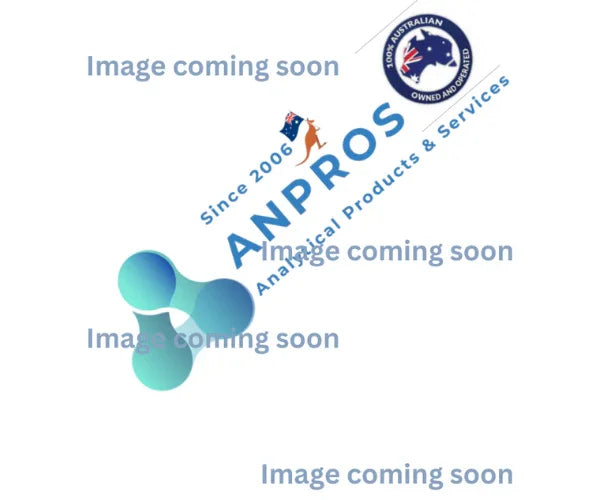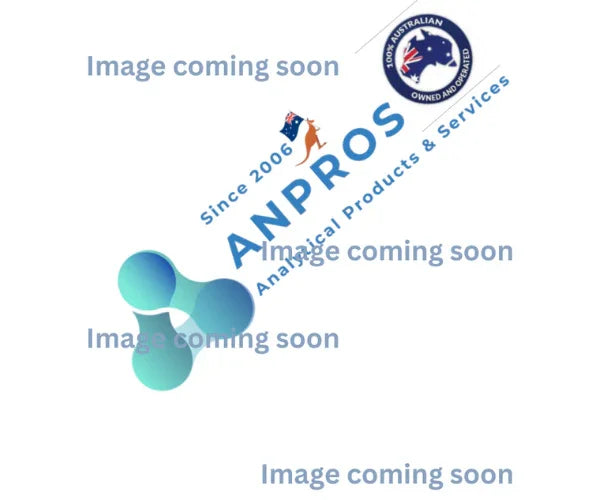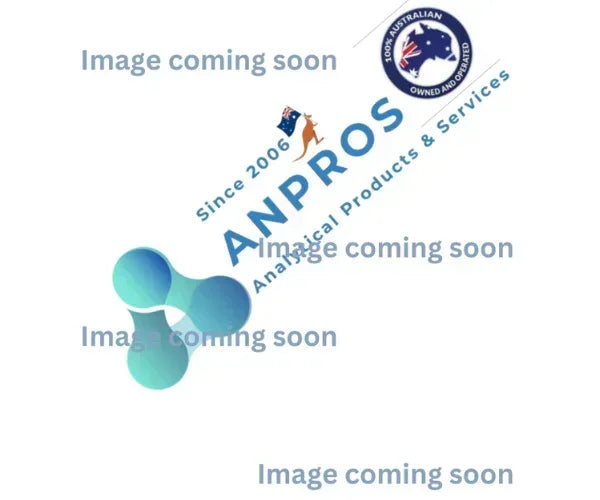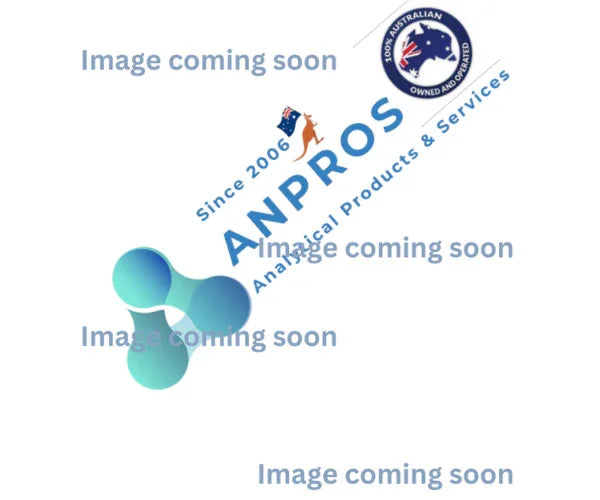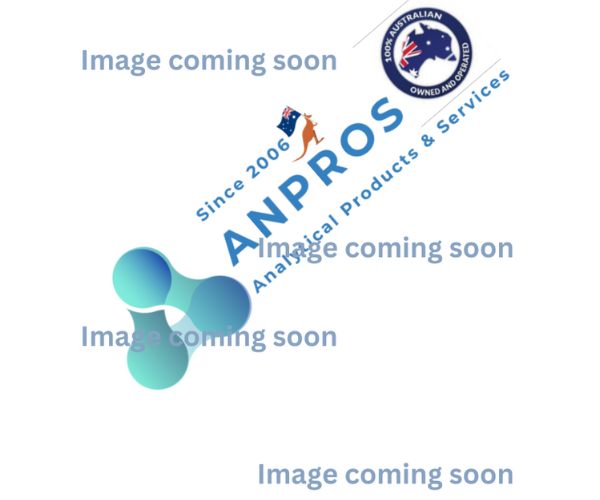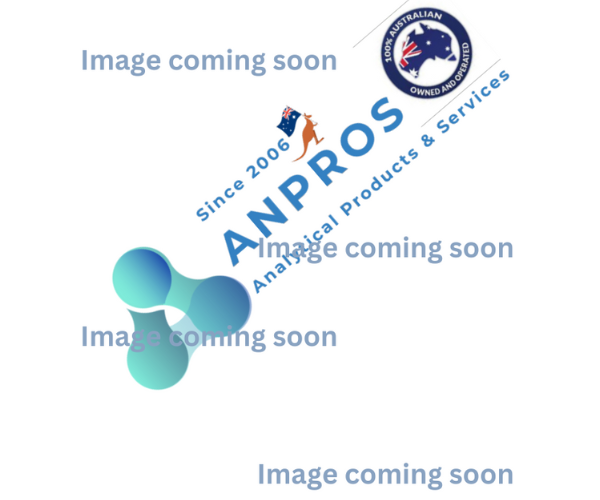
Tartaric Acid (Natural)

Tartaric Acid (Natural): The Unsung Hero of Flavour and Function
Tartaric acid, a naturally occurring organic acid, plays a vital role in the world of food and beverages. Found abundantly in grapes and other fruits, it adds a distinctive tartness and contributes to the overall flavour profile. But the magic of tartaric acid extends beyond taste. It boasts a range of functionalities in various industries, making it a truly versatile ingredient. In this blog post, we'll delve into the world of natural tartaric acid, exploring its origins, properties, benefits, and the many ways it enhances our everyday lives.
A Look at the Origins of Natural Tartaric Acid
Natural tartaric acid, also known as L-(+)-tartaric acid or simply tartaric acid, is a white, crystalline powder. It's most prominently found in grapes, particularly in wine grapes, where it contributes significantly to the acidity and tartness of wine. However, tartaric acid isn't exclusive to grapes. It's also present in other fruits like bananas, tamarinds, citrus fruits, and even pineapples, albeit in smaller quantities.
Unveiling the Properties of Natural Tartaric Acid
Tartaric acid possesses several key characteristics that contribute to its diverse applications:
Acidity: It's a relatively strong organic acid, providing a sharp and pleasant tartness.
Chirality: Natural tartaric acid exists in a specific L-(+)-tartaric acid form, impacting its physical and chemical properties.
Tartaric Acid Salts: Tartaric acid readily forms salts with various metals, such as potassium and calcium. These salts, like potassium bitartrate (cream of tartar), play a crucial role in baking and other applications.
High Solubility: Tartaric acid dissolves well in water, making it easy to incorporate into various solutions.
Benefits of Using Natural Tartaric Acid
Natural Origin: Derived from fruits, tartaric acid offers a natural and generally safe alternative to some synthetic ingredients.
Flavour Enhancer: It adds a distinct tartness and acidity, balancing sweetness and enhancing the overall flavour profile of food and beverages.
Functionality: Tartaric acid's acidity and ability to form salts make it valuable in baking, cleaning, and other applications.
Eco-Friendly: Natural tartaric acid is biodegradable and non-toxic, making it a more environmentally friendly choice compared to some substitutes.
The Many Applications of Natural Tartaric Acid
- Culinary Delights:
Winemaking: Natural tartaric acid plays a critical role in wine production. It contributes to a wine's acidity, tartness, and overall taste profile. Winemakers may use it to adjust acidity levels or prevent crystal formation during aging.
Baking Powder: Cream of tartar, a potassium bitartrate salt of tartaric acid, is a key ingredient in baking powder. When combined with baking soda, it creates carbon dioxide gas, making baked goods rise beautifully.
Candy Making: Tartaric acid can be used in candy production to add a touch of acidity and enhance flavour.
- Beyond the Kitchen:
Cleaning Powerhouse: A diluted solution of tartaric acid can be used as a natural cleaning agent for removing rust stains, tarnish, and mineral deposits.
Metal Polishing: Tartaric acid can help polish and brighten brass, copper, and other metals.
Pharmaceutical Applications: Tartaric acid may be used in some laxatives and effervescent tablets due to its acidic properties. (Note: Consult a healthcare professional for any medical applications)
Important Considerations for Using Natural Tartaric Acid
Concentration Matters: Tartaric acid is quite acidic. Start with small amounts when using it in food or beverages and adjust to taste.
Not a Replacement for Strong Cleaners: For heavy-duty cleaning tasks, consider using specialized cleaning products designed for the job.
Eye Protection: Concentrated tartaric acid solutions can irritate the eyes. Wear protective eyewear when handling them.
Where to Buy High-Quality Natural Tartaric Acid
For trusted suppliers of natural tartaric acid, look for reputable chemical distributors like Anpros. They offer a variety of food-grade and industrial-grade chemicals to meet your needs.
Conclusion: The Unsung Hero Revealed
Natural tartaric acid, often overshadowed by its more prominent role in winemaking, is a versatile and valuable ingredient. From adding a delightful tartness to your favourite dishes to assisting in baking and cleaning tasks, natural tartaric acid offers a natural and functional solution. By understanding its properties and applications, you can unlock the potential of this unsung hero and enhance your culinary creations, cleaning routines, and more.
Also read our blog post on Medium.











